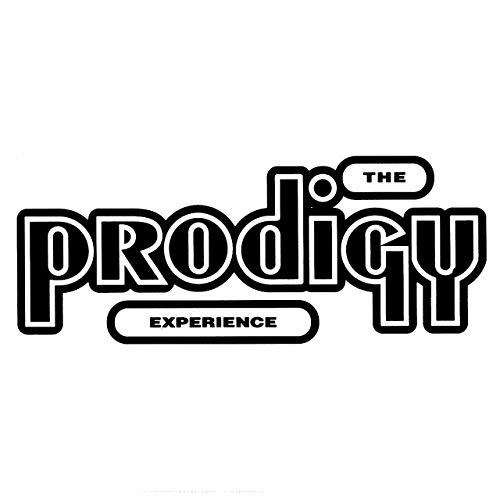
.-~~~-. .- ~ ~-( )_ _ / ~ -. | \ \ . ~- . _____________ . -~ 69696969 69696969 6969 696969 696969 6969 969 69 6969696 6969 6969 696 969 696969696 696969696969 696 969 69696969696 6969696969696 696 696 9696969696969 969696969696 969 696 696969696969 969696969 969 696 696 96969 _w_ 9696969 69 696 9696 969696 q(-_-)p 696969 6969 96969696 `_) (_` 69696969 96 /__/ \ 69 69 _({_ / )_ 96 6969 (__\_\_/_/__) 9696
| 📢 | Latest post_ |

Putting personality into Joulsen |
| 📌 | Pinned post |

My houseplant catalogue |
I am


The Prodigy - The Experience (1992)
→ listen along


The Wind-Up Bird Chronicle (1997)
→ read more


Nul Stjerner
→ watch too


Half-Life 1 (1998)
→ play too


